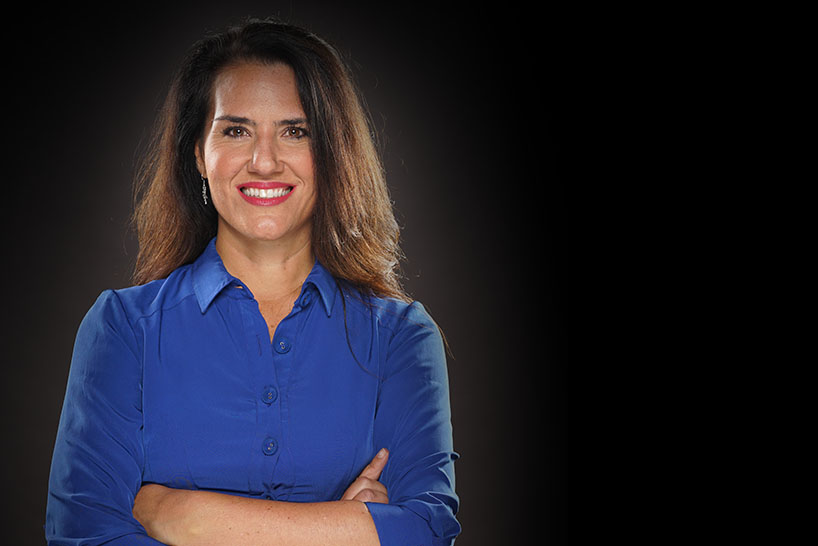Disability Discrimination
Disability discrimination happens when an employer makes an employment decision based on your disability and not your skills, qualifications, or how well you do your job. Federal, New York State, and New York City laws make disability discrimination by employers illegal.
Federal law protects many workers with disabilities from being discriminated against based on their disability or perceived disability. If you work for (or apply for a job with) an employer that has 15 or more employees, the federal Americans with Disabilities Act (ADA) generally does not allow the employer to base employment decisions on the fact that you have a disability if you are qualified for the job.
New York State and New York City human rights laws cover more cases, and they apply to more employers.
As of February 8, 2020, New York State law prohibits all employers, regardless of size, from making hiring, firing or other employment decisions based on disability if you are qualified for the job. Before then, New York State law applied to employers with four or more employees. Also, as of October 11, 2019, the protections against disability discrimination in New York State apply to independent contractors.
New York City law prohibits employers with four or more employees from making hiring, firing or any other employment decisions based on disability if you are qualified for the job. As of January 11, 2020, the protections against disability discrimination in New York City apply to independent contractors.
Under the disability discrimination laws, if you are qualified and able to do a job, an employer may not consider your disability when deciding to hire, fire, pay, give job assignments, promote, lay off, train, change benefits, or affect any other condition of employment. The laws define what a disability is in different ways. The types of disabilities generally covered under the ADA, for instance, include any impairment that limits a major life activity, like: hearing, seeing, speaking, walking, breathing, doing manual tasks and learning. New York State and New York City human rights laws cover additional types of disabilities, so more types of impairments are covered and more people are protected.
Your employer must generally make reasonable accommodations for your disability, unless your employer can show that the changes would be too hard or expensive for the company. Reasonable accommodations can include giving you special equipment or modifying equipment, devices, exams, training materials, work schedules, job assignments, company policies, and even changing your work station or work location to help you perform your duties.
Each case is different. Whether you are the victim of disability discrimination depends on the facts of your case. Here are some examples of possible disability discrimination:
- Your coworkers keep talking about your disability in an insulting way and management knows about it and does not take steps to stop them.
- Your boss does not put in special bathroom facilities that you need, even though you asked for them and they are not too difficult or expensive to provide.
- It has become painful for you to use a word processor for work because you have developed arthritis and there is an open phone receptionist position that you are qualified for, but instead of being considered for a transfer to the open position, you get fired.
- Before a scheduled promotion, you tell your boss that you have diabetes. Your boss assumes that your diabetes will become a problem and gives the promotion to someone else.
- Big accounts or clients are given to non-disabled workers.
- You are left out of important meetings in favor of non-disabled workers.
Legal Editor: Davin P. Cellura, January 2015 (updated June 2020)
Changes may occur in this area of law. The information provided is brought to you as a public service with the help and assistance of volunteer legal editors, and is intended to help you better understand the law in general. It is not intended to be legal advice regarding your particular problem or to substitute for the advice of a lawyer.
Our Lawyers

Megan G.
LRS Lawyer
Our lawyers are screened and approved – they have all gone through an application and interview process. Each lawyer we recommend has been screened for significant experience, knowledge of ethics codes and rules, and law office practices, including customer service skills and handling of fees and billing.
About Us
When you call us, you will be speaking with an attorney. One of our attorney referral counselors takes your call and talks with you about your legal question, or reviews your online referral request. There is no charge to speak with one of our attorney referral counselors -- we’re here to help.

